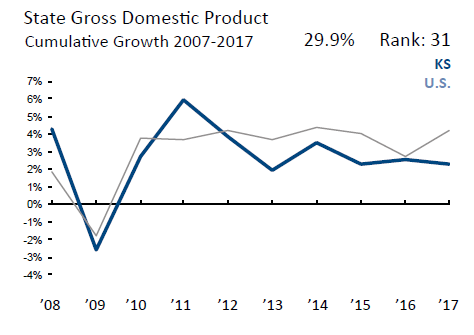A federal court recently halted a rule that would have provided so-called “Obamacare” health plans to illegal immigrants.
According to a press release, Kansas Attorney General Kris Kobach, along with 19 other states, earlier this year sued the Biden Administration to prevent the implementation of the rule, which would have expanded the Center for Medicare and Medicaid Services definition of “lawfully present” to include those here under the “Deferred Action for Childhood Arrivals (DACA).”
On December 9, 2024, United States District Judge Daniel M. Traynor sided with the states and issued a preliminary injunction preventing the rule from taking effect.
“This decision is a big win for the rule of law,” Kobach said in the release. “Congress never intended that illegal aliens should receive Obamacare benefits. Indeed, two laws prohibit them from receiving such benefits. The Biden administration tried to break those laws. But we fought back and defeated the Biden Justice Department.”
The regulation would have made more than 200,000 deferred action for childhood arrival (DACA) recipients eligible for Obamacare. The number includes more than 4,350 DACA recipients in Kansas. Kobach argued that a 1996 law generally prohibits illegal aliens from receiving federal benefits, and the Affordable Care Act, or Obamacare, itself says that an alien has to be lawfully present in the United States to receive subsidized health insurance.
Indeed, as the Sentinel previously reported, Congress specifically defined “qualified aliens,” and DACA recipients weren’t on the list.
“’Notwithstanding any other provision of law,’ and subject to certain explicit exceptions, ‘an alien who is not a qualified alien … is not eligible for any Federal public benefit.’ 8 U.S.C. § 1611(a). Congress defined a ‘qualified alien’ to include only lawful permanent residents, asylees, refugees, parolees granted parole for a period of at least one year, aliens granted withholding of removal under specifically identified subsections of the Immigration and Nationality Act (INA) (generally having to do with restrictions on removal to a country where the alien’s life or freedom would be threatened), and certain battered aliens.”
In fact, according to the complaint, in August 2012 — two years after the ACA was enacted and after DHS first implemented its DACA program — CMS amended its regulatory definition of “lawfully present” to expressly state that an alien granted deferred action under DHS’s DACA policy was not considered “lawfully present.”
CMS reaffirmed this in 2014 with further regulations that adopted the rule that DACA recipients were not “lawfully present.”
But in May of this year CMS promulgated the new rule redefining DACA recipients as “lawfully present,” prompting the lawsuit.
However, the DACA program requires “unlawful presence in the United States; DHS has merely deferred immigration enforcement action against DACA recipients based on its assertion of prosecutorial discretion,” the lawsuit reads.
The lawsuit also notes there are cost burdens to the states — and by extension to taxpayers — if DACA recipients are enrolled in ACA insurance.
“The vast majority of exchange enrollees are receiving a federal subsidy to lower their monthly premium,” the complaint reads. “In February 2023, 91% of marketplace enrollees were receiving PTCs [premium tax credits].”
In fact, Kansas had 102,303 enrollees in February 2022; of those, 92% received tax credits and 47% qualified for a cost sharing reduction. Similarly, 91% of the enrollees in North Dakota received tax credits, with 26% qualifying for a cost sharing reduction.
This all adds up to increased administrative costs and millions of dollars in additional expense to taxpayers.
Kobach led a coalition of state attorneys general, including AGs from Alabama, Arkansas, Idaho, Indiana, Iowa, Florida, Missouri, Montana, Nebraska, New Hampshire, North Dakota, Ohio, South Carolina, South Dakota, Tennessee, Texas, and Virginia.


